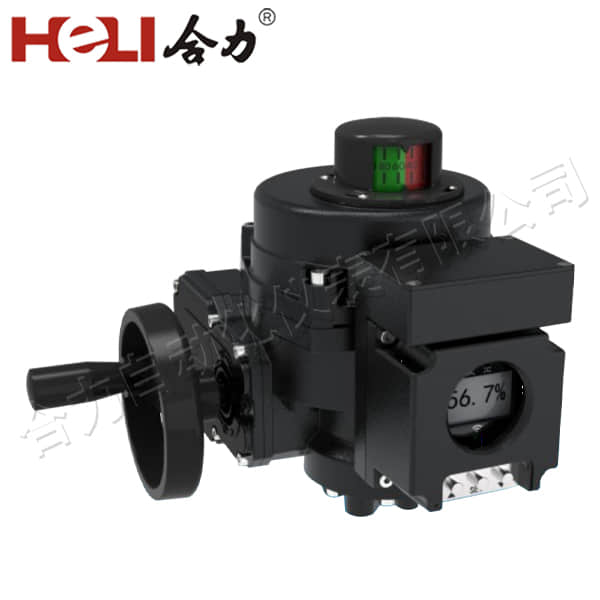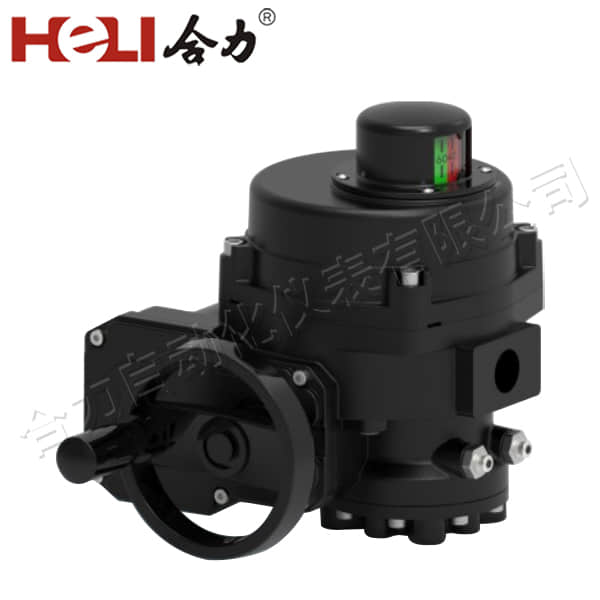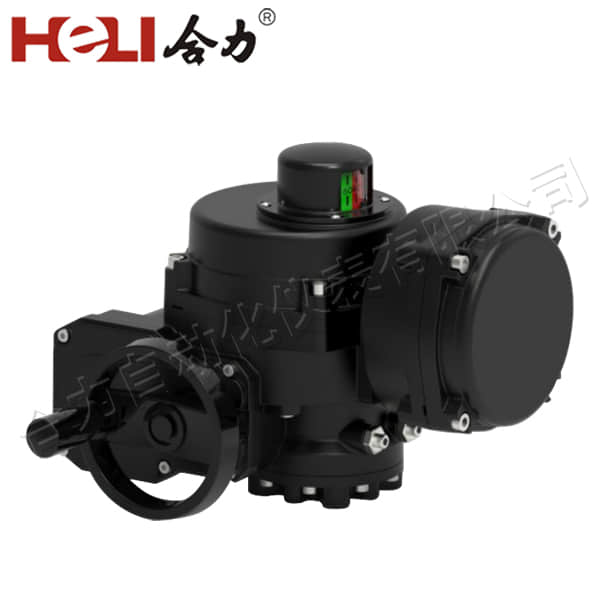
Electric actuator valves are a crucial component in modern industrial systems, offering efficient, reliable, and precise control over fluid and gas flow. These devices combine the functionality of valves with electric actuators to automate and regulate processes, significantly enhancing the performance and efficiency of various industries, including oil and gas, water treatment, chemical manufacturing, and HVAC systems. One company that is leading the way in electric actuator valve technology is Helix Automation, which has made significant advancements in improving the design and operation of these systems.

At its core, an electric actuator valve uses electric power to automate the opening and closing of a valve, which controls the flow of liquids or gases within a pipeline. The actuator is typically powered by an electric motor, which turns a screw or gear mechanism to move the valve. The valve can be controlled either manually through a local interface or remotely via control systems such as SCADA or DCS. This level of control allows for more accurate and responsive operation compared to traditional mechanical valve systems.

